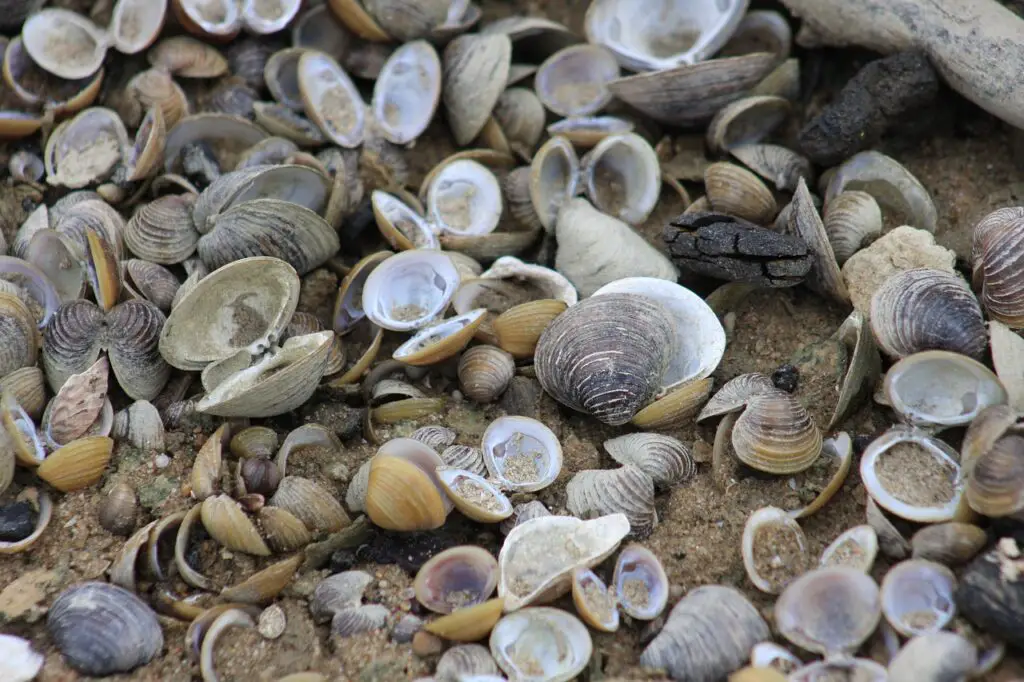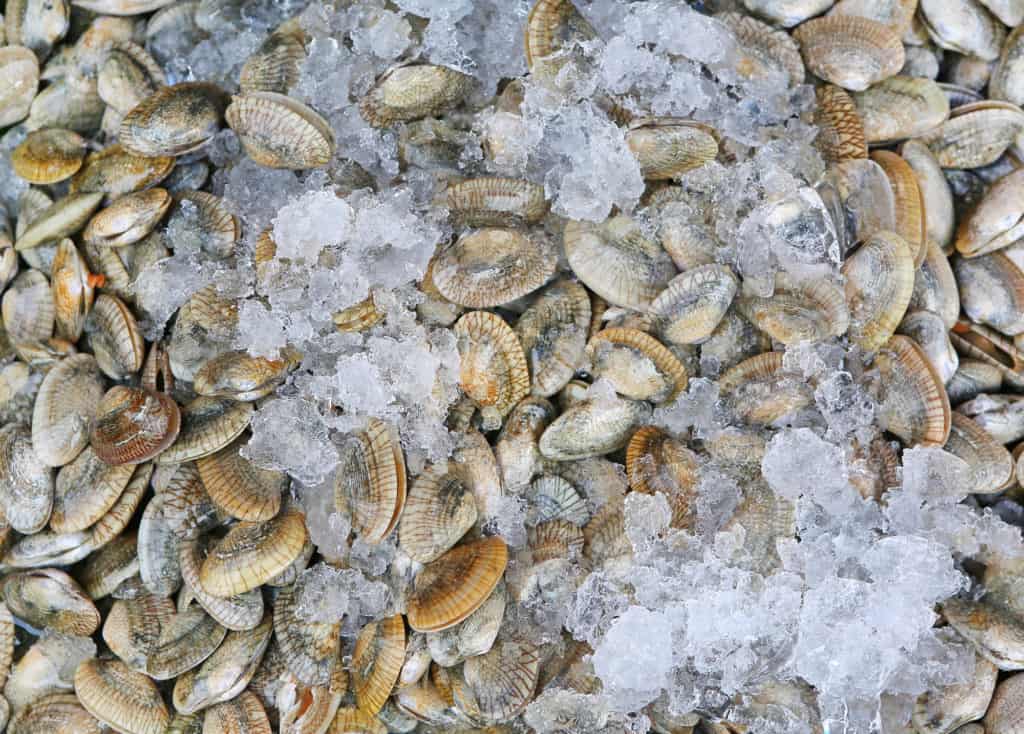Are Freshwater Clams Safe To Eat
Are freshwater clams safe to eat? This is a question that has been on the minds of many seafood enthusiasts. Freshwater clams are a popular delicacy in many parts of the world, and as such, it is important to understand their safety and potential health risks.
Potential Health Risks of Freshwater Clams
Freshwater clams are known to harbor certain bacteria, viruses, and microorganisms, some of which can be harmful to humans. These include E.coli, Salmonella, Listeria, and Norovirus, among others. Consumption of contaminated freshwater clams can lead to food poisoning, which can cause symptoms such as nausea, vomiting, diarrhea, and fever.
Are Freshwater Clams Safe to Eat?
While freshwater clams can potentially pose health risks, proper cooking and handling can greatly reduce these risks. Freshwater clams should always be cooked thoroughly, until their shells are open, and any clams that do not open during the cooking process should be discarded. Additionally, freshwater clams should be stored at appropriate temperatures and handled with clean hands and utensils to prevent contamination.
Summary of Main Points
In summary, while freshwater clams can pose potential health risks, they can be safely consumed if handled and cooked properly. It is important to cook freshwater clams thoroughly, store them at appropriate temperatures, and handle them with clean hands and utensils to prevent potential contamination and foodborne illness.
Personal Experience with Eating Freshwater Clams
As someone who has grown up in an area where freshwater clams are a common delicacy, I have had my fair share of experiences with eating these mollusks. While they are delicious, I have also been cautious about their potential health risks. I always ensure that they are cooked thoroughly and have never experienced any adverse effects.
Signs of Contamination in Freshwater Clams
One way to tell if a freshwater clam is contaminated is by examining its shell. If the shell is cracked or damaged, it may have been exposed to bacteria or other harmful microorganisms. Additionally, if the clam smells foul or has a slimy texture, it may also be contaminated and should be discarded.
How to Reduce the Risk of Contamination
In addition to proper cooking and handling, there are several ways to reduce the risk of contamination in freshwater clams. These include purchasing clams from a reputable source, avoiding clams from polluted water sources, and properly washing clams before cooking them.
Potential Health Benefits of Freshwater Clams
While there are potential risks associated with eating freshwater clams, they also offer various health benefits. Freshwater clams are a good source of protein, vitamins, and minerals, and have been linked to improved immune function, heart health, and brain function.
Question and Answer
Q: Can freshwater clams be eaten raw?
A: It is not recommended to eat freshwater clams raw, as they can harbor harmful bacteria and microorganisms that can make you sick. They should be cooked thoroughly before consumption.
Q: How do I properly store freshwater clams?
A: Freshwater clams should be stored in a cold environment, such as a refrigerator, and should be kept moist. They can be stored in a bowl or container covered with a damp towel or paper towel to prevent them from drying out. Freshwater clams should be consumed within a few days of purchase for best quality and safety.
Q: What are the best ways to cook freshwater clams?
A: Freshwater clams can be cooked in a variety of ways, including steaming, boiling, or grilling. They can also be used in stews, soups, and pasta dishes. Regardless of the cooking method, it is important to cook them thoroughly until their shells open and discard any clams that do not open during cooking.
Q: Can freshwater clams be frozen?
A: Yes, freshwater clams can be frozen if they are cooked first. It is not recommended to freeze raw freshwater clams, as freezing can damage their texture and flavor.
Conclusion
In conclusion, freshwater clams can be safely consumed if handled and cooked properly. While they do pose potential health risks, these risks can be greatly reduced by following proper cooking and handling guidelines. Freshwater clams also offer various health benefits, making them a nutritious addition to any diet.
Gallery
Freshwater Clams – Survival Stronghold
Photo Credit by: bing.com / mussels clams douce cozze mussel acqua moules subacquea pixnio cecildaily survivalstronghold
Can You Eat Freshwater Clams? - The Fun Outdoors

Photo Credit by: bing.com /
Freshwater Clams In Shell Shock | The Star
/https://www.thestar.com/content/dam/thestar/news/insight/2008/06/08/freshwater_clams_in_shell_shock/clams.jpeg)
Photo Credit by: bing.com / clams freshwater shell shock insight health shellfish aquatics captive river aquarium thestar food environmental 2008
Freshwater Clams: The Many Different Kinds With Their Care Guides

Photo Credit by: bing.com / clams mussels
RSS Feed - Freshwater Clams: The Many Different Kinds With Their Care

Photo Credit by: bing.com / clams swan clam mussels alive thing pet aquariadise jianghongyan